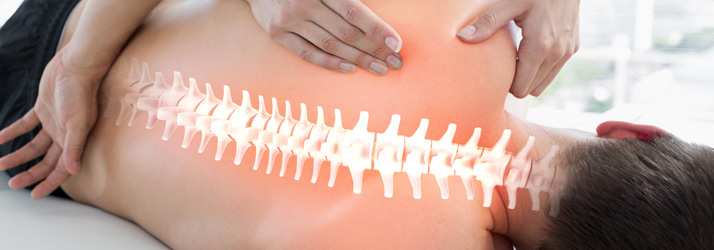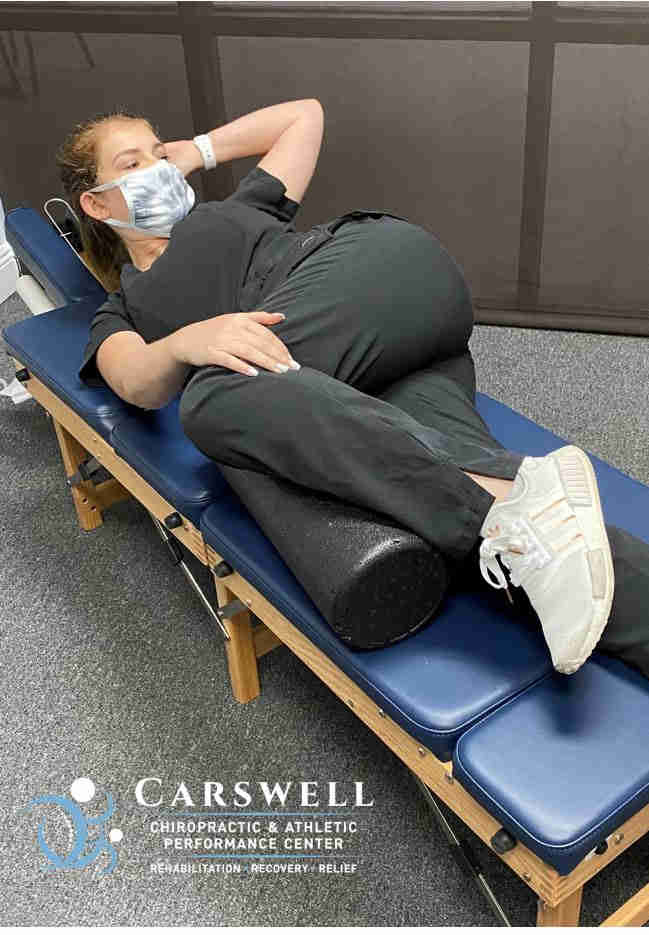Upper Back Pain May Decrease Organ Function In Southeast FL

Posted By: Gary Kettle-Heaven
The thoracic spine consists of 12 vertebrae (spinal bones) which are located between your neck and lower back. The nerves that exit though your thoracic spine control the function of many major organs in Southeast FL.
- T1-T4 nerves are associated with your heart, lungs, esophagus, breast, larynx, trachea, and parts of the arm.
- T5-T10 nerves are associated with your gallbladder, liver, stomach, diaphragm, pancreas, spleen, kidneys, small intestine, adrenal and suprarenal glands, and your appendix.
- T11-T12 nerves are associated with your small intestines, colon, uterus, lymph circulation, and solar plexus.
Poor movement of the thoracic spine in Southeast FL may lead to:
- Poor posture
- Pain between your scapulae (shoulder blades)
- Difficulty breathing
- Neck pain
- Low back pain
- Stabbing chest pain
- Headaches
- Pain or difficulty rotating your upper or middle back.
Benefits of chiropractic, physical therapy, and strengthening exercises:
- Increase mobility
- Increase strength
- Increase sport performance
- Decrease in pain during specific movements
- Increase chest expansion allowing for greater lung expansion
- Increase organ function
Most (sport or daily) activities place a huge demand on thoracic mobility. Without proper movement in the thoracic spine daily activities are limited. Sleeping is limited as well. Pain in the thoracic area is not normal. Dr. Tonya Carswell's primary focus is to restore the patient's mobility through chiropractic adjustment, stretching, and strengthening. A healthy thoracic spine is important for your overall well-being.

Carswell Chiropractic & Athletic Performance Center
5924 Sheridan St
PMB 3000
Hollywood, FL 33021
